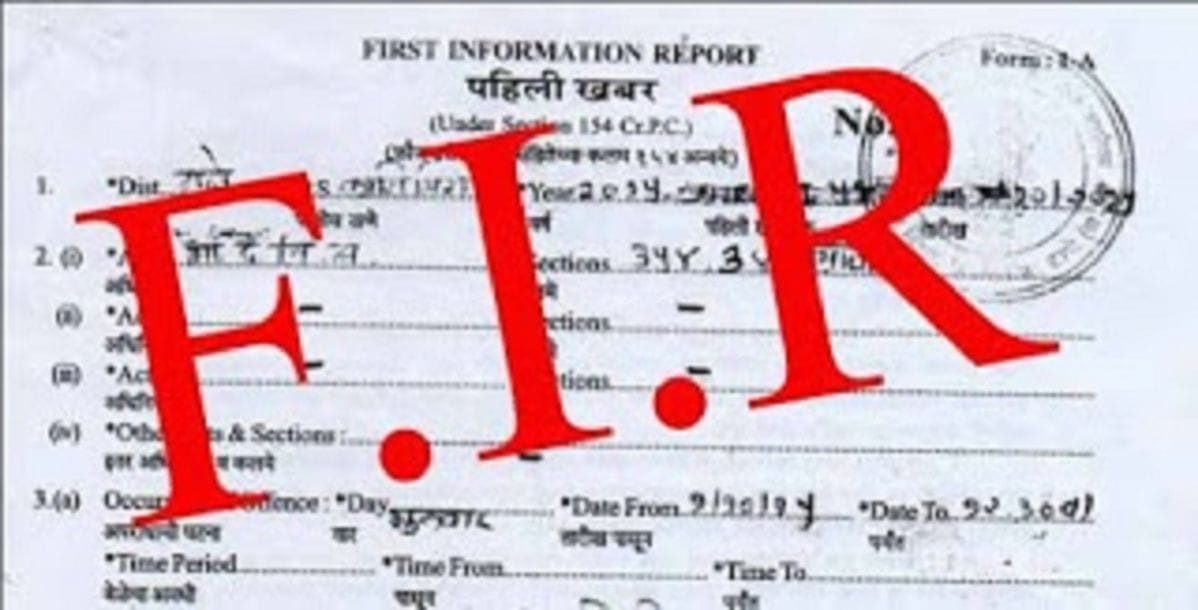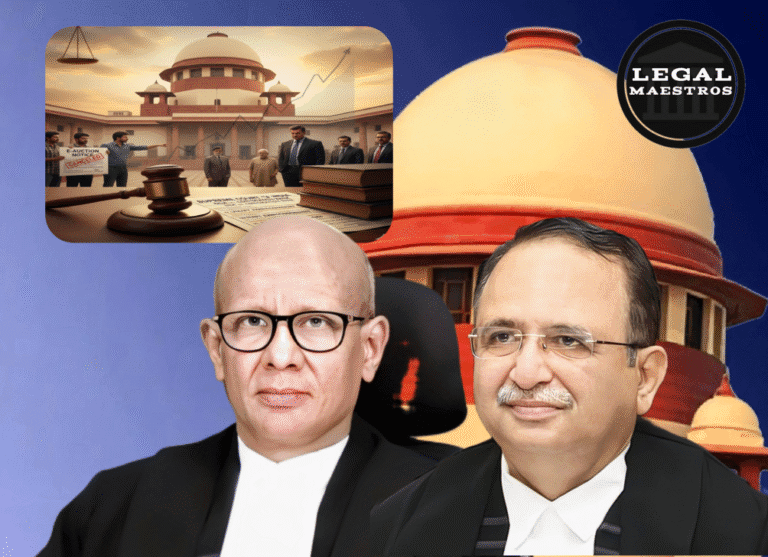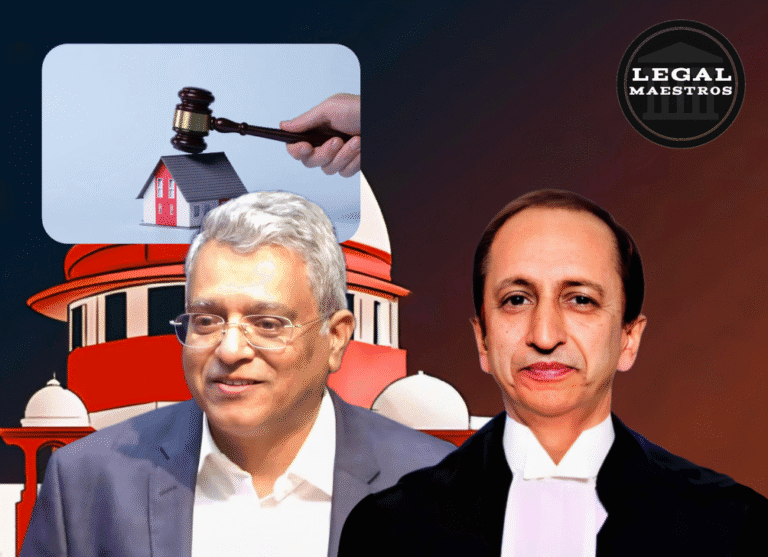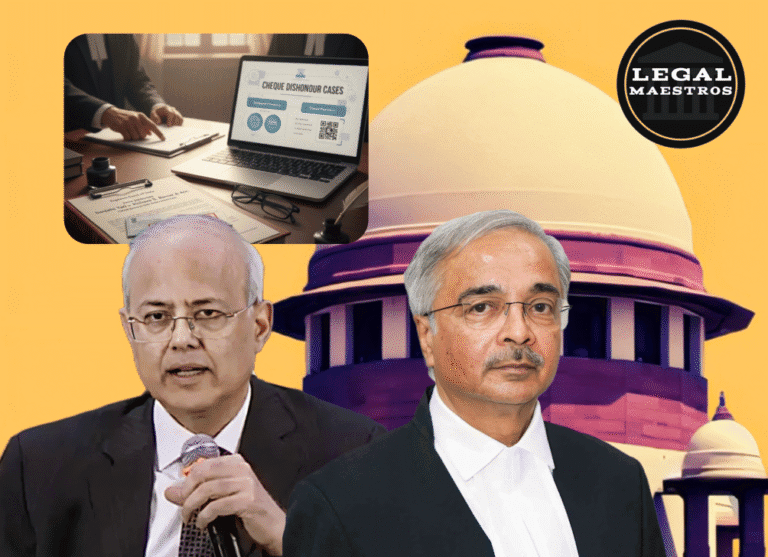
https://api.sci.gov.in/supremecourt/2025/32670/32670_2025_8_1504_63019_Judgement_05-Aug-2025.pdf
Presided by: Justice B.R. Gavai, Justice Sandeep Mehta, Supreme Court
Appellant: Narayan Yadav
Respondent: State of Chhattisgarh
In a recent case by Supreme Court of India on 5 th August 2025 the evidentiary nature of a confessional FIR was tested, which eventually held that a confessional FIR cannot be the sole evidence in order to convict the accused without other evidences.
Factual Background
The appellant, Narayan Yadav, had been accused of killing his employer, Ram Babu Sharma after the latter had beaten him up in a drunken fight. He filed a confession FIR on 27 September 2019 in which he confessed to the crime stating that he had beaten Sharma up, taken away 7,000/- and stolen his Bolero car. On the basis of this FIR and circumstantial facts including the fact that the accused used to surrender and regain the possession of the vehicle, the trial court convicted the accused under Section 302 IPC and awarded life imprisonment.
Appealing against the same, the Chhattisgarh High Court also convicted the appellant not to murder but to culpable homicide not constituting murder under Section 304 Part I IPC under Exception 4 to Section 300 which relates to sudden fights in the heat of passion. The appellant appealed to the Supreme Court after being unhappy with this ruling.
Court Proceedings
Although the Supreme Court took a strict stand on whether the confessional FIR was to be used at all in place of substantive evidence, it intensively interrogated the idea when there was no evidence of the crime eyewitness as well as the medical record strongly implicating the accused person on the offence. It also reasoned whether the High court had applied Exception 4 to Section 300 IPC correctly.
Court’s Reasoning
The Court answered that an FIR filed by a criminal, with the confession in it, cannot be used as substantive evidence of guilt. This statement can be employed under Section 8 or 27 Indian Evidence Act, i.e. about establishing conduct or unravelling facts of which one was not very successfully proven in this case. The Bench pointed out that any confession disclosed to the police officer cannot be depended on until it has been supported by other corroboration that can be morally adduced in a court of law.
On top of this, the Court indicated that using routing Exception 4 to Section 300 was out of place because there was no direct indication that there was a mutual fight, no provocation of the victim and the actions of the appellant indicated cruelty and one-sided attack disqualifying him against applying this exception.
Court’s Ruling
The appeal was permitted by the Supreme Court with the following words:
The case cannot be convicted just by a confession to a policeman. By failing to provide any other plausible evidence or search under Section 27, the conviction of the appellant cannot hold.”
The Court cleared Narayan Yadav of any charges, quashed both the Trial Court and the High Court orders and ordered his immediate release with all bail bonds being discharged.



